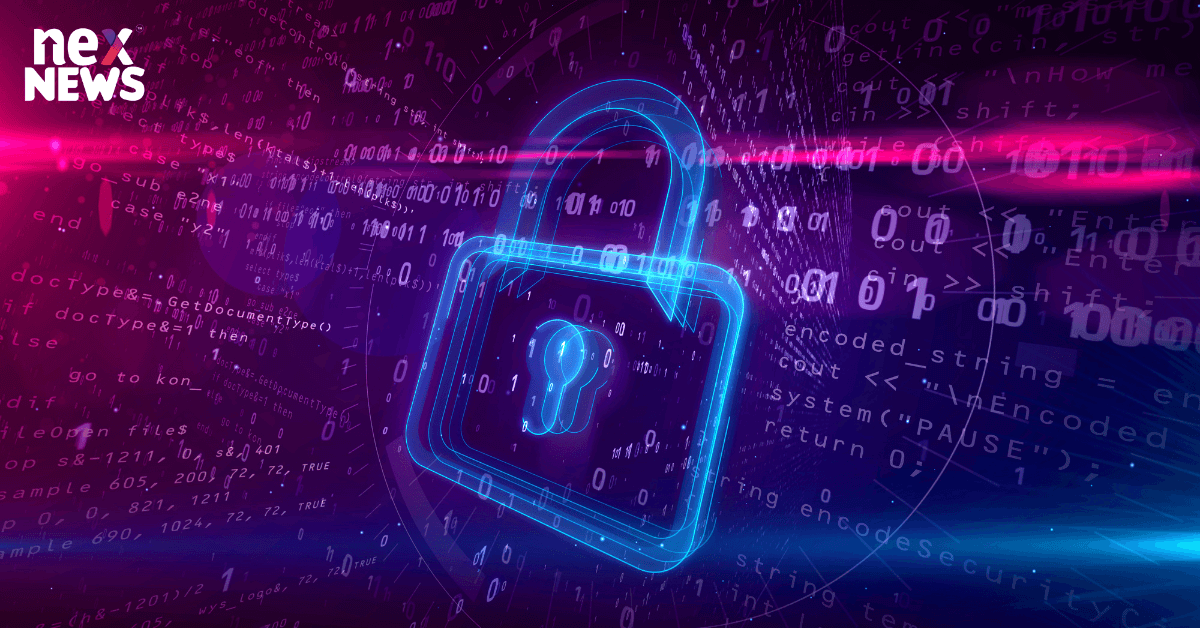Gaming has evolved into a massive online community, but with this popularity comes the risk of cyber threats. This article focuses on the importance of cybersecurity for gamers and provides actionable tips to safeguard gaming accounts and personal information from potential breaches and attacks.
Introduction
The gaming industry is no longer limited to consoles; online gaming has created a vast virtual world that requires protection from cyber threats.
The Growing Cybersecurity Concerns in Gaming
Gaming platforms and accounts are enticing targets for cybercriminals due to the valuable assets stored within, such as virtual currency and in-game items.
Why Gamers Are Vulnerable Targets
Gamers often share personal information online, making them susceptible to identity theft, phishing attacks, and account breaches.
Best Practices for Protecting Gaming Accounts
To ensure the security of your gaming accounts and personal data, follow these best practices:
Strong and Unique Passwords
Create complex and unique passwords for your gaming accounts, avoiding common phrases and using a mix of letters, numbers, and special characters.
Enable Two-Factor Authentication (2FA)
2FA adds an extra layer of security by requiring a second form of verification, such as a text message or authentication app, along with your password.
Beware of Phishing Attempts
Be cautious of unsolicited messages or emails asking for your login credentials or personal information. Avoid clicking on suspicious links.
Keep Software Updated
Regularly update your gaming platform, operating system, and security software to ensure you have the latest security patches.
Secure Your Devices
Protect your gaming devices with strong passwords, biometric authentication, or PIN codes to prevent unauthorized access.
Use Reputable Platforms
Download games and applications from official and reputable sources to avoid malicious software and scams.
Regularly Monitor Account Activity
Check your account activity regularly for any unauthorized transactions or login attempts. Report suspicious activity immediately.
Secure In-Game Communications
Be cautious when sharing personal information or discussing sensitive topics in in-game chats, as these conversations may be monitored by cybercriminals.
Avoid Sharing Personal Information
Refrain from sharing personal information, such as your real name, address, or financial details, with other players.
Educate Yourself About Scams
Stay informed about common gaming-related scams and tactics used by cybercriminals to trick players into revealing their personal information.
Conclusion
Cybersecurity is not limited to the business world; it extends to the gaming community as well. By implementing these cybersecurity practices, gamers can enjoy their online experiences while safeguarding their accounts, personal information, and digital assets from cyber threats.

POST A COMMENT (0)
All Comments (0)
Replies (0)